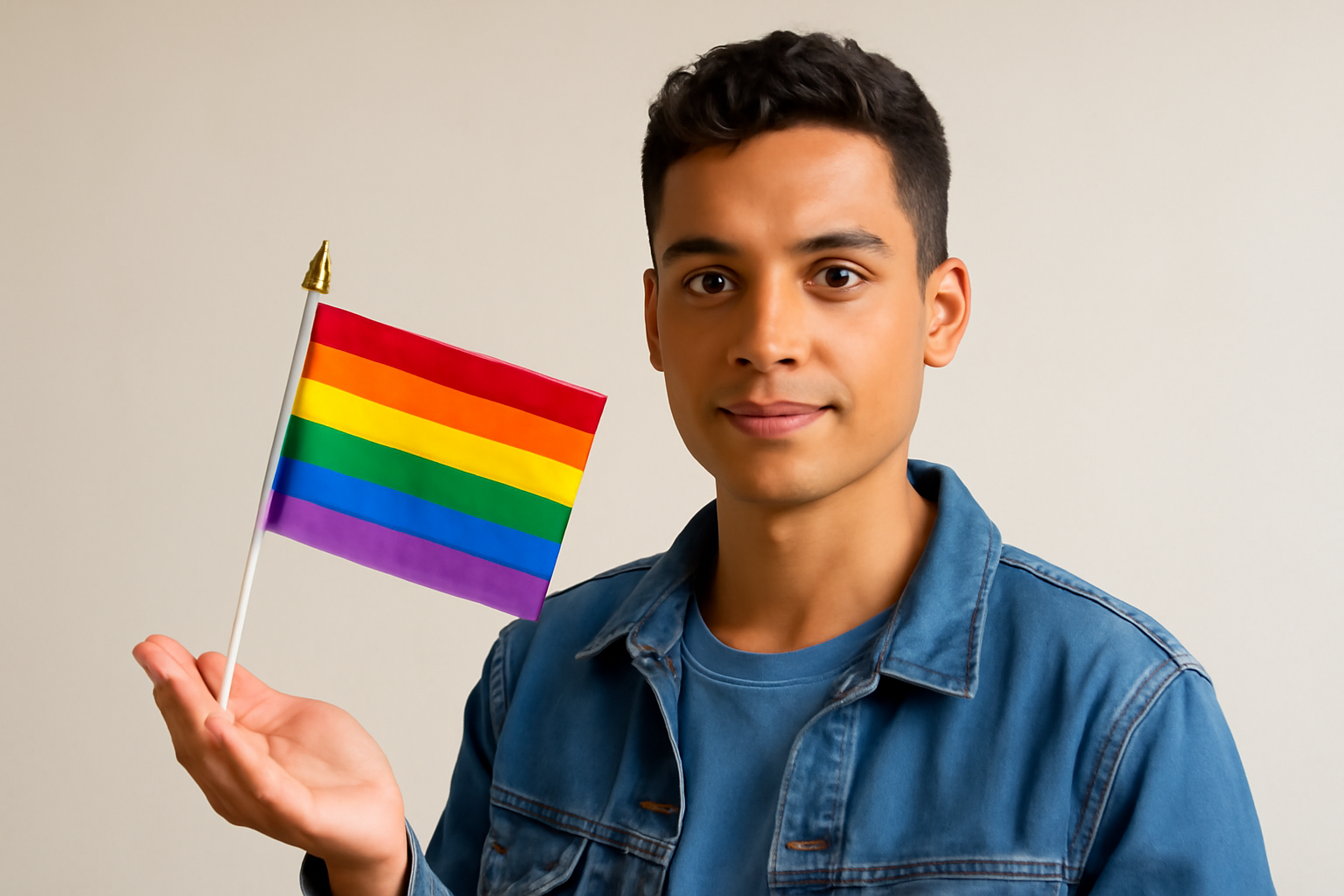
In a significant move towards enhancing protections for LGBTQ+ individuals, the D.C. Council has passed the Fairness in Human Rights Administration Amendment Act. This legislation aims to address and close loopholes in the District's existing sexual harassment laws. Pending the approval of Mayor Bowser and the absence of objections from Congress, this amendment represents a crucial step forward in safeguarding the rights of vulnerable groups within the community, particularly women, transgender, and non-binary individuals.
Amidst a national climate where federal leadership appears increasingly hostile to the protection of these groups, local measures such as this new D.C. law are vital. Once enacted, the law will empower more individuals who have faced harassment due to their gender, sexual orientation, gender identity, or expression to pursue justice in public courts. This is a shift away from mandatory arbitration, which has historically been used by companies to obscure accusations of sexual harassment and assault.
Key Improvements Under the New Act
The D.C. Human Rights Act is already renowned as one of the strongest human rights protections in the United States. However, the recent amendments demonstrate the D.C. Council's commitment to expanding and refining its scope to ensure greater inclusivity and protection for all individuals.
A significant enhancement introduced by this legislation is the broader definition of sexual harassment. Previously, under D.C. law, sexual harassment was narrowly defined as "conduct of a sexual nature." This limited scope covered overt and egregious behaviors, such as sending inappropriate messages or using degrading sexual language.
However, many forms of harassment that occur daily do not fall under this narrow definition. Acts like using gender-based slurs, penalizing individuals for not conforming to gender norms in dress, or spreading rumors about someone's sexual orientation were not included under the old definition. The newly expanded definition now encompasses these and other forms of harassment, recognizing their impact on creating hostile work environments.
Legal and Practical Implications
The importance of this change cannot be overstated. While federal law prohibits forced arbitration in cases of sexual assault and harassment, the previous limitations of the D.C. Human Rights Act meant many cases that involved gender or sexual orientation-based harassment could still be forced into arbitration. With the new law, such cases can be brought to court, allowing for a more transparent and fair process for survivors.
Additionally, the amendment extends the statute of limitations for bringing forward claims from one year to two years. This change grants survivors more time to come forward, gather evidence, and file their claims, acknowledging the often complicated and delayed nature of reporting harassment.
These changes reflect the District's proactive approach to leading on matters of worker protection and resistance to all forms of sexual harassment. The D.C. Council's efforts are a testament to the region's dedication to progressing human rights and implementing robust legal frameworks to protect its citizens.
Rachel Green, a prominent attorney specializing in sexual harassment cases, has been a vocal advocate for these changes. Green, representing clients at Katz Banks Kumin LLP, played a crucial role in pushing for this legislative reform, emphasizing the importance of such legal protections for her clients and the broader LGBTQ+ community.
Looking Forward
As the D.C. community awaits the final ratification of this landmark legislation, there is a hopeful anticipation of its impact. The Fairness in Human Rights Administration Amendment Act stands to set a precedent for other jurisdictions, highlighting the importance of adapting legal definitions and protections to meet the evolving understanding of harassment and discrimination.
The amendment not only reinforces the District's commitment to human rights but also serves as a beacon to other states and cities aiming to strengthen their own legal frameworks. By expanding the definition of sexual harassment to include a wider array of harmful behaviors, the D.C. Council has taken a decisive stand in favor of transparency, justice, and the dignity of all individuals.
The passage of this act is more than a legislative victory; it is a significant stride towards a more equitable and just society, where all individuals, regardless of gender identity or sexual orientation, can feel safe and valued. This development will undoubtedly inspire continued advocacy and reform efforts nationwide, as communities strive towards comprehensive and inclusive protections for all.
Related Posts
Ryan Russell: Living Authentically as a Bisexual NFL Player
Ryan Russell: embracing authenticity as a bisexual NFL player September 11, 2018, stands out as a deeply personal day in Ryan Russell's life. Not because he achieved something on a football field, but because he lost his dear friend and college roommate, Joe Gilliam, who succumbed after a brave battle with cancer. Throughout Joe's fight, Ryan was there, supporting him every step, even dedicating [...]
Jacob Elordi Shines in a Queer Love Story "On Swift Horses"
Jacob Elordi's latest film, "On Swift Horses," might leave you guessing at first, but at heart, it's a deeply moving queer love story. It's an adaptation from Shannon Pufahl's novel, brought vividly alive by director Daniel Minahan and writer Bryce Kass, weaving together themes that explore love, identity, and self-discovery on many levels. Love unfolds in 1950s America Step back in time with "O [...]
Creating New Models for LGBTQ+ Parenting: Embracing Community and Visibility
Empowering parenthood: envisioning a truly inclusive future "I'm all in when it comes down helping people realize their dreams about becoming parents," says Marea Goodman. She's not just a midwife; she's an author and founder who built Pregnant Together, an inclusive community with a heart. Goodman passionately believes that everyone, no matter who they are, deserves a shot at parenting. With tw [...]